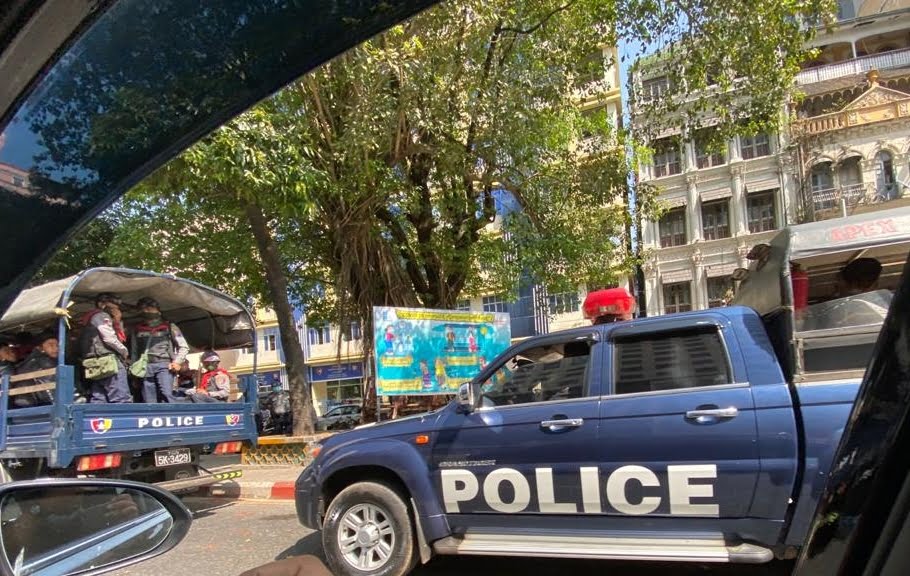In the wake of the military coup in Myanmar, Australia must halt all military, security and policing transfers and training to Myanmar, Amnesty International Australia said.
“The Tatmadaw has a well-documented history of violence and grave human rights abuses –– this should be no surprise to the Australian government –– which begs the question why is our government still so heavily entwined with the Myanmar military?” Amnesty International Australia National Director, Sam Klintworth, said.
This week’s worrying developments warrant an urgent review of Australia’s military, diplomatic and trade relationship with Myanmar. This must be followed by swift measures to hold senior officials accountable for ongoing systematic human rights violations of the Rohingyas.
In response to Amnesty International’s 2018 report detailing Myanmar’s ethnic cleansing against the Rohingyas, the Australian government imposed targeted sanctions against five military officers, omitting eight others implicated in the crimes against humanity including Commander-in-Chief Min Aung Hlaing. Meanwhile, Australia has continued to maintain its military and diplomatic ties with Myanmar, including providing funding and training to its military.
“That Australian taxpayers’ money is going to support such human rights violators is unjustifiable. Without justice and accountability, no one in Myanmar, especially the Rohingya people, can live safely and with dignity,” Klintworth said.
“The international community must come together to impose multilateral, targeted sanctions against Min Aung Hlaing and others identified as being responsible for atrocities against the Rohingya and other minorities.”
Background
In a 2018 report, Amnesty International named Senior General Min Aung Hlaing responsible for crimes against humanity committed during the ethnic cleansing of the Rohingya population in northern Rakhine State. Still under the command of Min Aung Hlaing, throughout 2020 the military continued to commit serious human rights violations, including war crimes, in Chin, Kachin, Rakhine and Shan States. Amnesty uncovered evidence of indiscriminate air strikes that killed children, as well as torture and arbitrary detention.
The UN Fact-Finding Mission on Myanmar have called for Senior General Min Aung Hlaing to be investigated and prosecuted for genocide, crimes against humanity, and war crimes.
Facts regarding persecution of Rohingyas
- Nearly one million Rohingya refugees are living in camps after they fled their homes in Myanmar due to the military’s crimes against humanity.
- Crimes under international law committed by the Myanmar military in Rakhine State in 2016 and 2017 as part of its brutal persecution of the Rohingya, included killings, rape, torture, burning hundreds of villages and forcing hundreds to thousands of Rohingya into Bangladesh, are now the subject of International Criminal Court (ICC) and International Court of Justice (ICJ) proceedings. A UN Fact-Finding Mission has called for senior military officials to be investigated and prosecuted for genocide.
- Moreover, Rohingya people in Myanmar are still forced to live in a state of apartheid. Their freedom of movement and access to education, livelihood opportunities and healthcare are severely restricted.
- The Myanmar military continues to inflict extreme suffering on civilians as multiple conflicts in Rakhine, Chin, and Northern Shan States rage. There are some 300,000 individuals displaced in those areas and Kachin State due to armed conflict.
